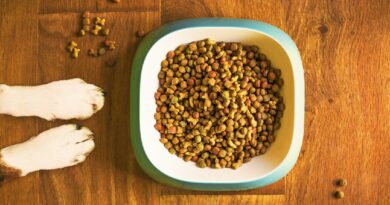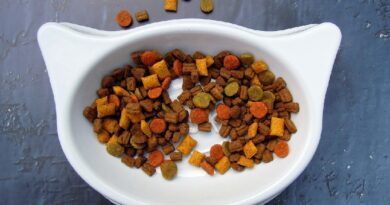Homemade cat food: Whiskerlicious Delights
When it comes to nourishing your feline friend, homemade cat food can provide a nourishing and tailored diet. By preparing meals at home, you have full control over the ingredients, ensuring that your cat receives a balanced and wholesome meal. In this article, we have compiled a list of homemade foods that are not only safe but also provide essential nutrients for your cat’s well-being.
High-Quality Proteins
A Cat’s Carnivorous Cravings and their diets should primarily consist of high-quality animal proteins. Explore protein sources like chicken, turkey, fish, and beef, which are essential for your cat’s muscle development, energy, and overall health. Learn how to prepare and incorporate these proteins into homemade cat meals.
Wholesome Grains and Vegetables
While cats have limited carbohydrate requirements, incorporating small amounts of grains and vegetables can offer additional nutrients and fiber. Discover safe options like cooked rice, oats, and steamed vegetables such as carrots and peas. Learn how to incorporate these ingredients in appropriate portions to support your cat’s overall well-being.
Essential Fatty Acids for Healthy Cats
Include sources of essential fatty acids, such as fish oil and flaxseed oil, in your cat’s homemade meals. These healthy fats support your cat’s skin, coat, and overall vitality. Understand the benefits of omega-3 and omega-6 fatty acids and how to incorporate them into your cat’s diet for optimal health.
Adding Nutritious Supplements
Supplements can provide additional nutrients to support your cat’s well-being. Explore options like taurine, a vital amino acid for cats, and probiotics to promote a healthy gut. Understand the appropriate dosage and consult with your veterinarian before adding any supplements to your cat’s homemade diet.
Foods to Avoid for Cats
While many foods are safe and beneficial for cats, some items should be avoided. Familiarize yourself with foods that are toxic to cats, such as chocolate, onions, garlic, and certain fruits. By understanding what to avoid, you can ensure the safety and health of your feline companion.
Homemade cat food allows you to provide your beloved feline friend with a customized and nutritious diet. By incorporating high-quality proteins, wholesome grains and vegetables, essential fatty acids, and appropriate supplements, you can create homemade meals that meet your cat’s specific nutritional needs. Remember to consult with your veterinarian to ensure the homemade diet is balanced and suitable for your cat’s individual requirements.







